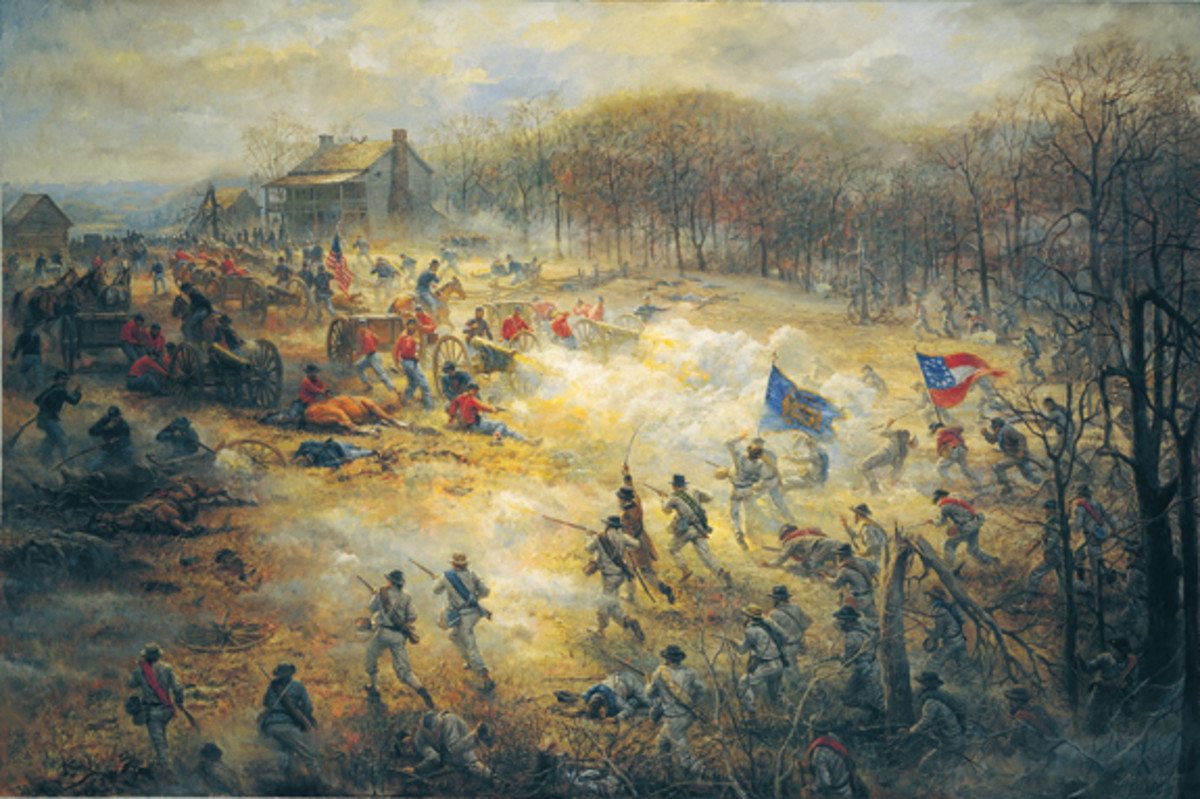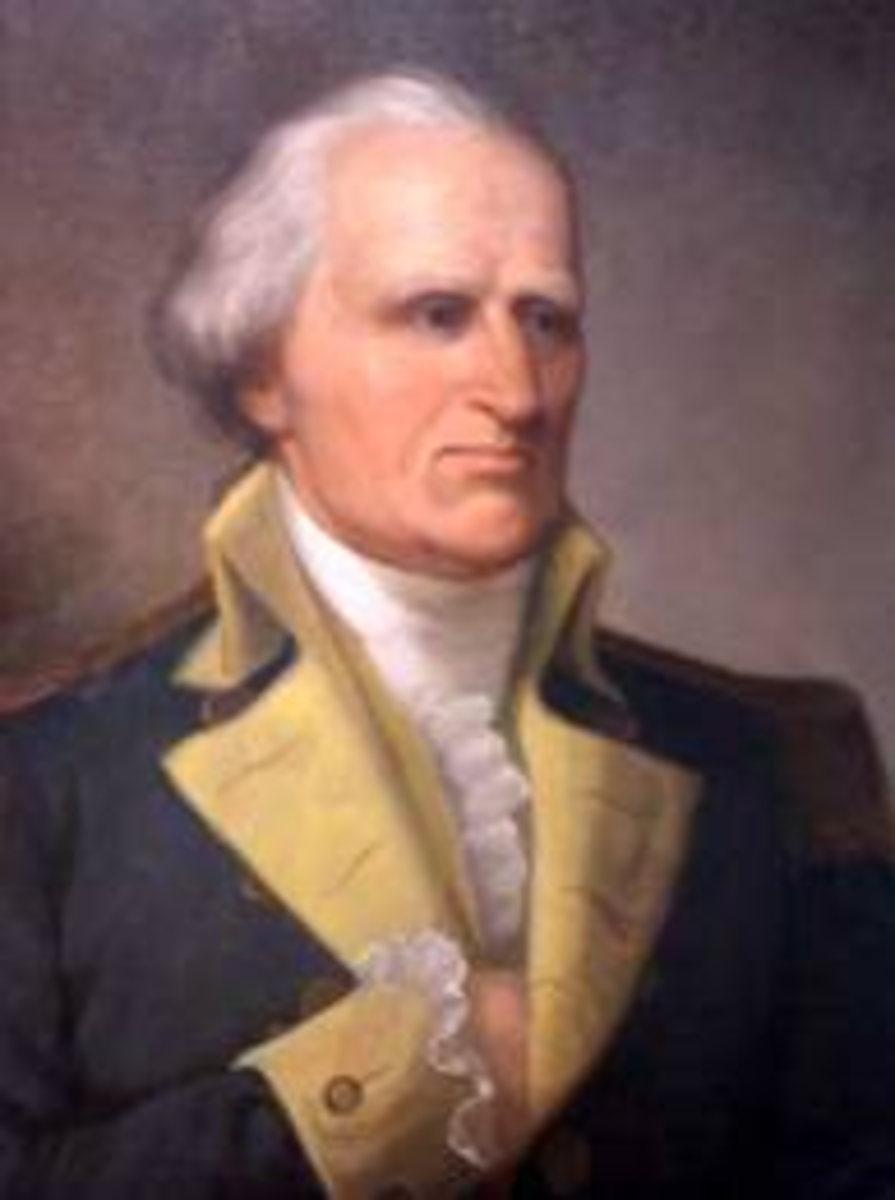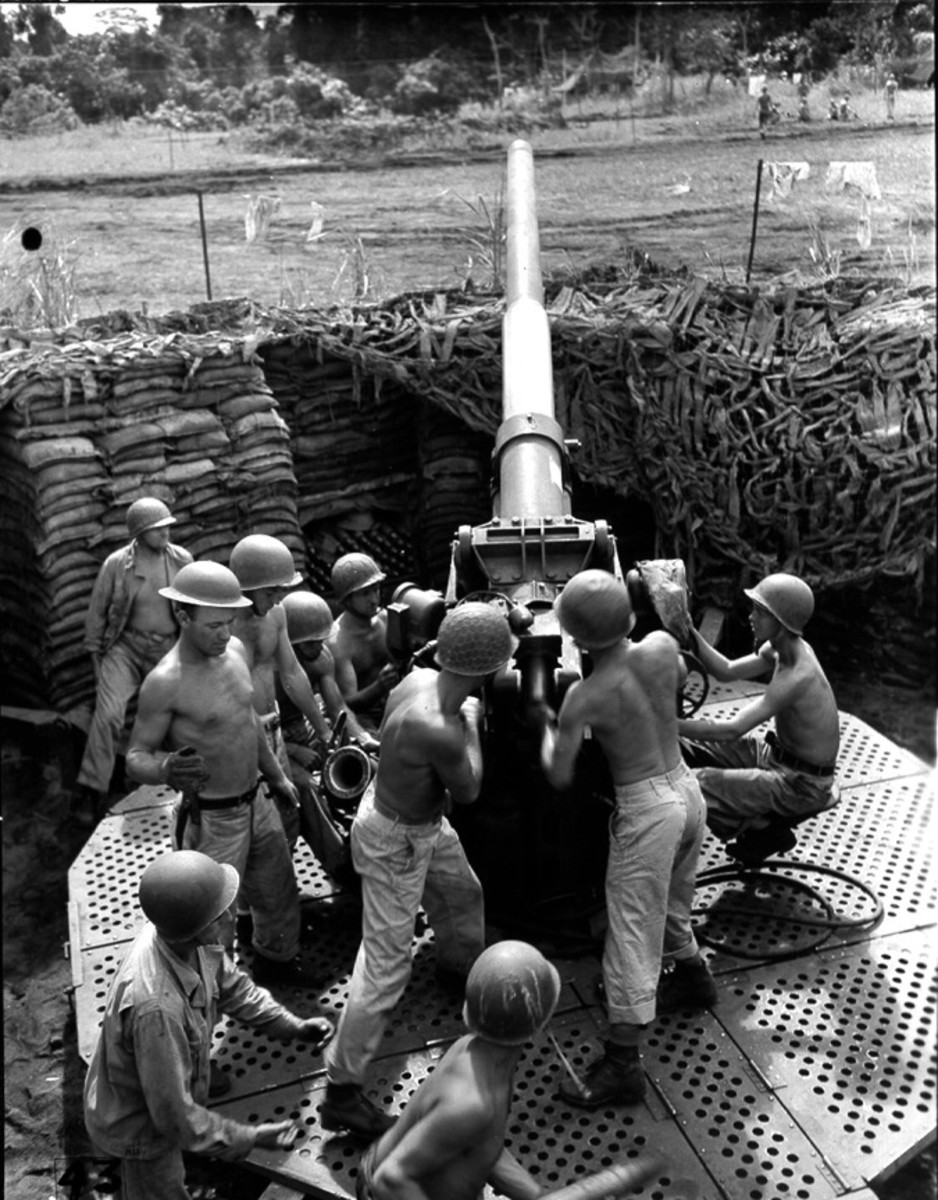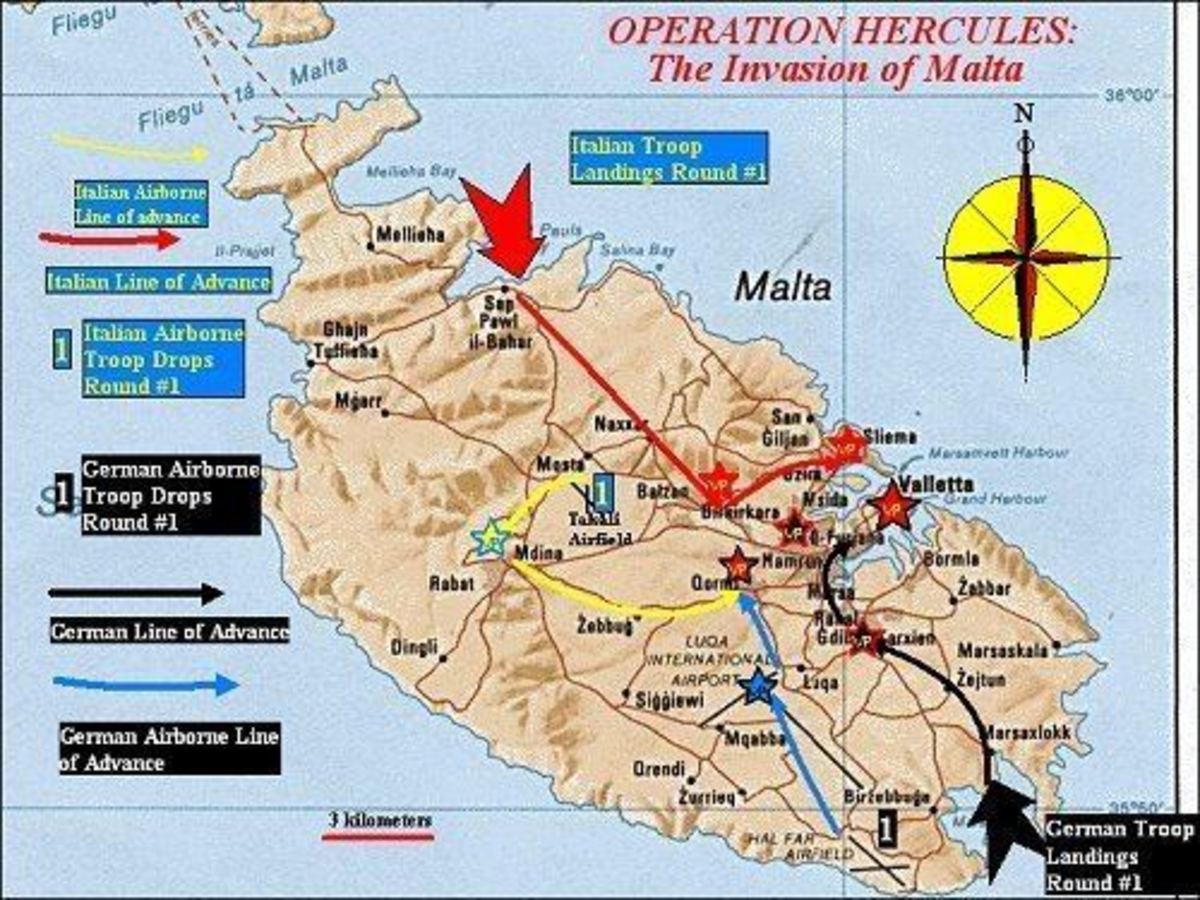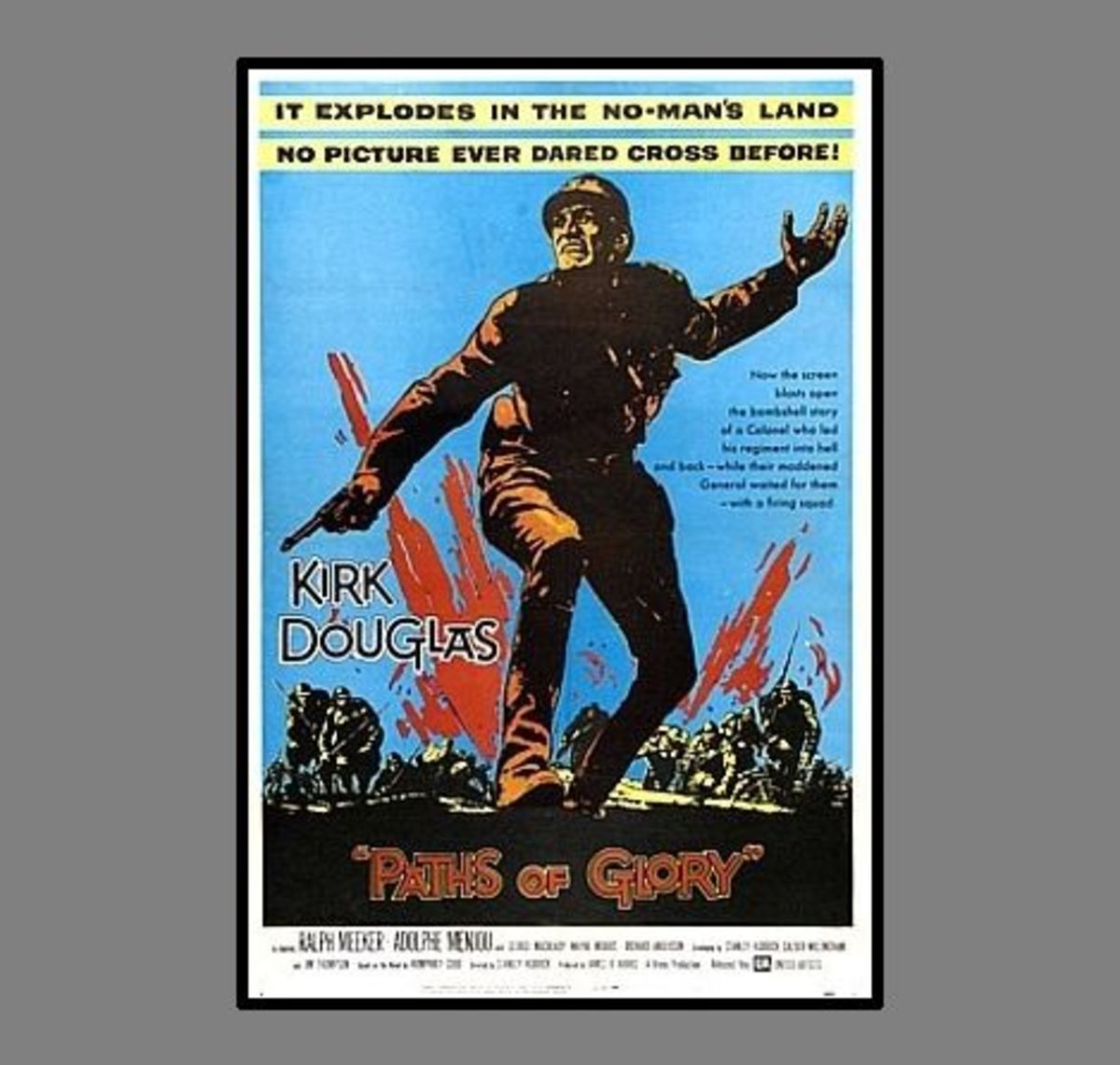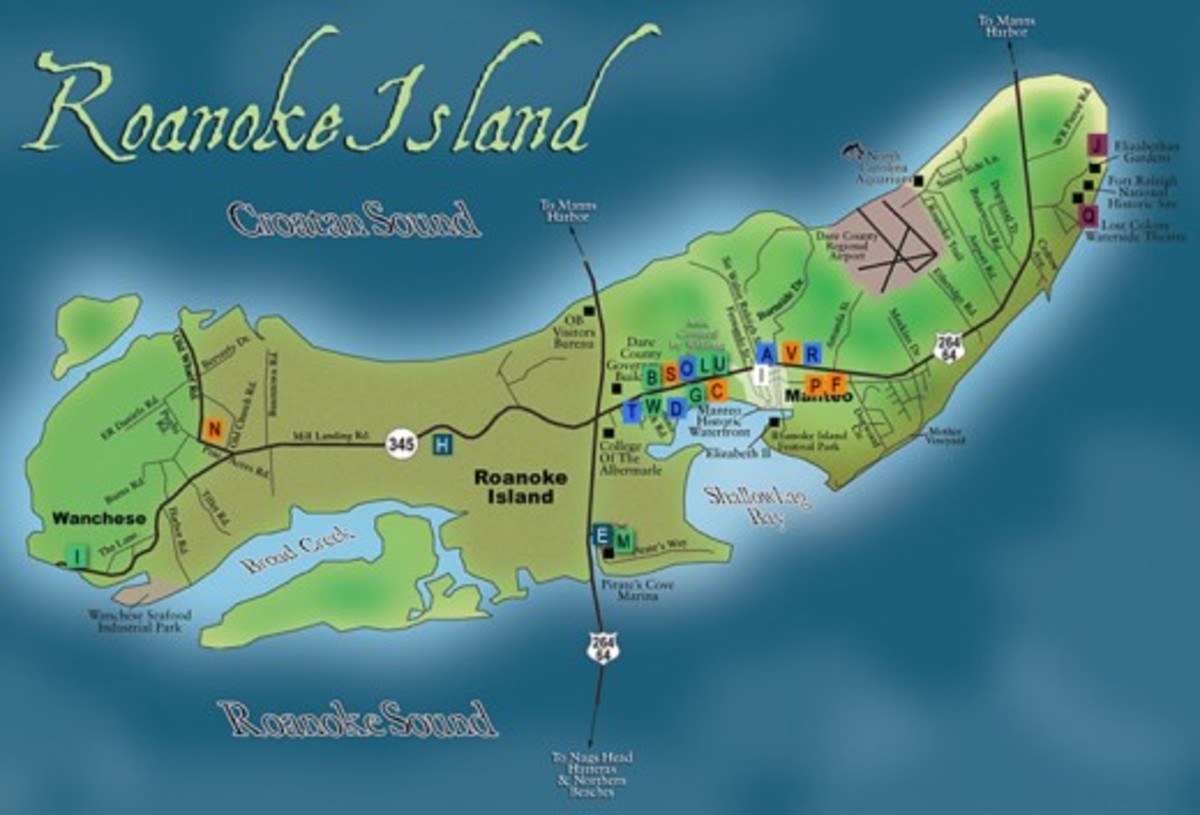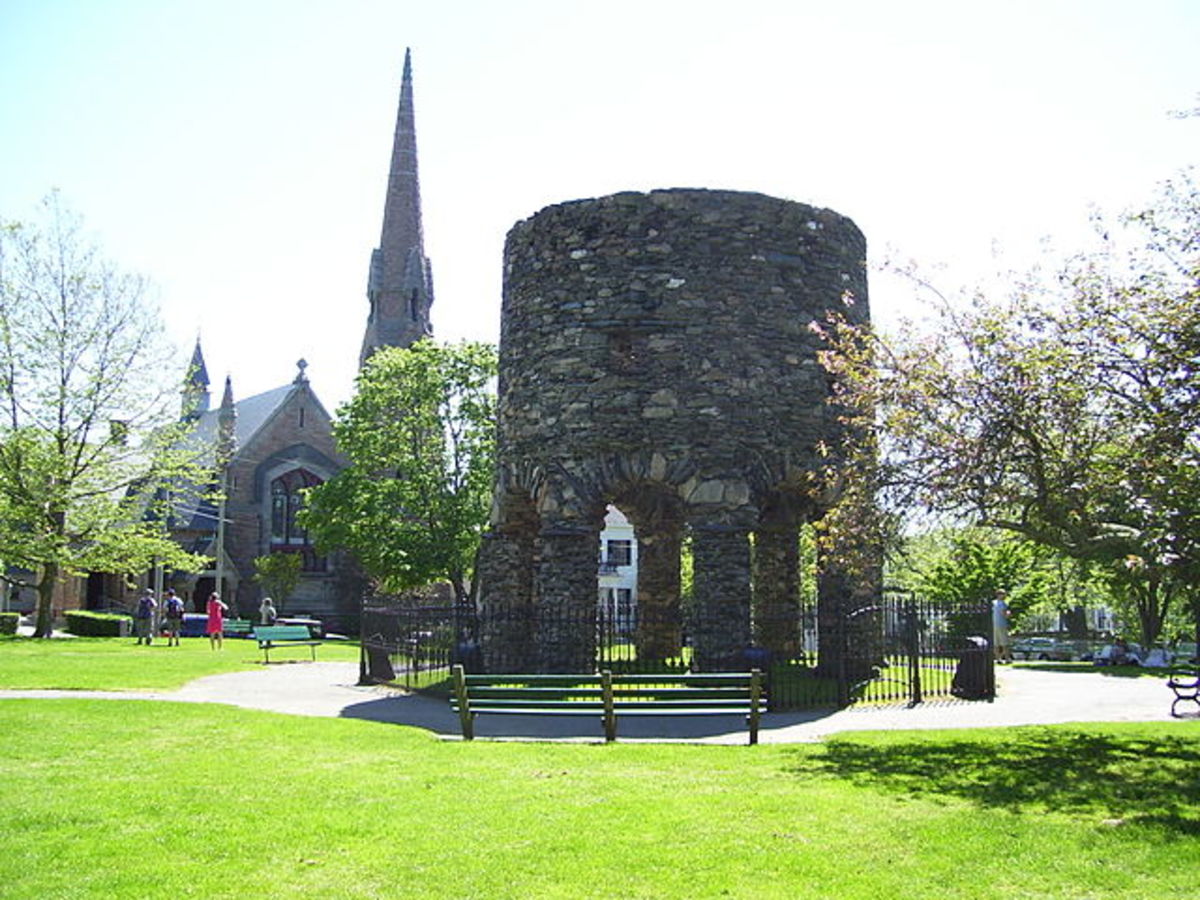- HubPages»
- Education and Science»
- History & Archaeology»
- History of the Americas
Price and McCulloch: The fueling of guerrilla warfare in Missouri
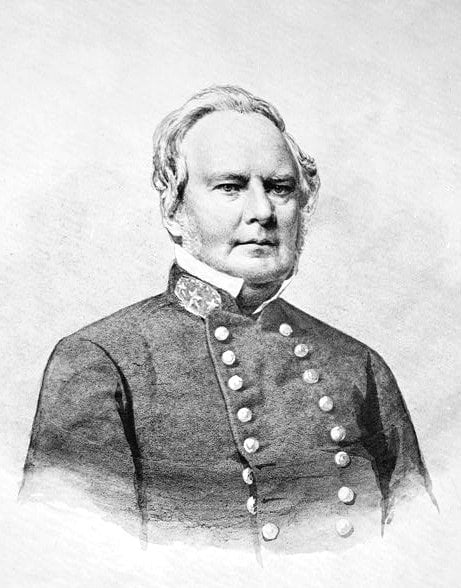
After the victory at Wilson's Creek in August of 1861, southern forces in Missouri under the command of Missouri Militia General Sterling Price and Confederate Brigadier General Benjamin McCulloch found a new sense of purpose in Missouri. Southern sympathizing Missourians found a renewed spirit and hope for their cause in Missouri. This lead to the Militia making it's way northward through Missouri and ended in the town of Lexington along the Missouri River. "The Battle of the Hemp Bales" as it was also called was a temporary victory for Price and his Militia, however General McCulloch opted to not follow his southern sympathizing bretheren and held to the soutwestern portion of Missouri. By November, McCulloch had secured that portion of the state. In a dispatch to Confederate General Samuel Cooper, the rift between McCulloch and Price was ever apparent:
HEADQUARTERS DIVISION, Springfield, Mo.,
November 19, 1861.General S. COOPER,
Adjt. and Isp. General, C. S. Army, Richmond, Va.:GENERAL: I have the honor to report that on the night of the 15th instant I received information at my headquarters, 72 miles from here, that the Federal troops had started back toward Saint Louis from this place. On the 16th I started with all my available mounted troops, without wagons, and after a rapid march arrived near here last night. I was in hopes before arriving that I might be able to overtake some of the trains of the enemy, but on my arrival I found that they were too far to attempt even a pursuit, they being at least 100 miles ahead.
From all the information I can obtain the enemy's strength was at least 30,000, with an abundance of artillery. There was evidently considerable disaffection in their ranks, and on leaving here Lane, with his Kansas troops, carried off 500 or 600 negroes, belonging to Union men as well as secessionists. From what I can learn they intend to fortify Rolla, Sedalia, and Jefferson City, and to garrison each of those places.
The Union men have nearly all fled with the Federal troops, leaving this place almost deserted. From all the information I can get of General Price's movements he seems to be making his way in the direction of the Missouri River. An attempt of the kind, in my opinion, can only terminate as did his previous expedition to that country. Considering it inexpedient to attempt a winter campaign in this country, I shall return to the borders of Arkansas, and put my command in winter quarters by the 15th of December. As there will be much to do to make the many arrangements necessary for an early spring campaign, I respectfully request the authority of the Department for me to visit Richmond for that purpose. As soon as the troops are in winter quarters my presence here could be dispensed with for a few weeks.
Hoping my views may meet the approval of the Department, I have the honor to be, very respectfully, your obedient servant,
BEN. McCULLOCH, Brigadier-General, Commanding.
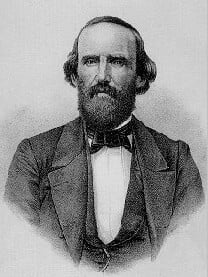
McCulloch also wrote to CSA Secretery of War J. P. Benjamin on the same day with the following account:
HEADQUARTERS, Springfield, Mo.,
November 19, 1861.Honorable J. P. BENJAMIN,
Secretary of War:SIR: I shall return to Arkansas, put my troops in winter quarters soon, and ask permission to come immediately to Richmond, so as to give the administration correct information regarding affairs in this region before it acts on matters here.
The Federals left eighth days since with 30,000 men, quarreled among themselves, and greatly injured their cause by taking negroes belonging to Union men. General Lane went to Kansas, General Hunter to Sedalia, and General Sigel to Rolla.
I have the honor to be, with respect, your obedient servant,
BEN. McCULLOCH,
Brigadier-General, Commanding.
It's obvious that McCulloch did not agree with Price's actions and began preparations to move his command out of Missouri to be used elsewhere for the Confederacy. With the rift turning into rivalry, the overall command of the Trans-Mississippi district was turned over to Major General Earl Van Dorn. Price was commissioned a Major General in the Confederate Army and combined Price's militia and McCulloch's soldiers tow for the Army of the West and would engage Union General Samuel Curtis at the Battle of Pea Ridge in Arkansas.
With regular and most of the pro-southern militia pulled out of Missouri, the pro-southern cause was left in the hands of guerillas like William Clarke Quantrill, William "Bloody Bill" Anderson, George Todd, Dave Poole, Cole Younger, William Gregg and John McCorkle to defend the southern and Missouri cause.
Dispatches Source: OFFICIAL RECORDS: Series 1, vol 3, Part 1, Chapter X, pg 742-743


